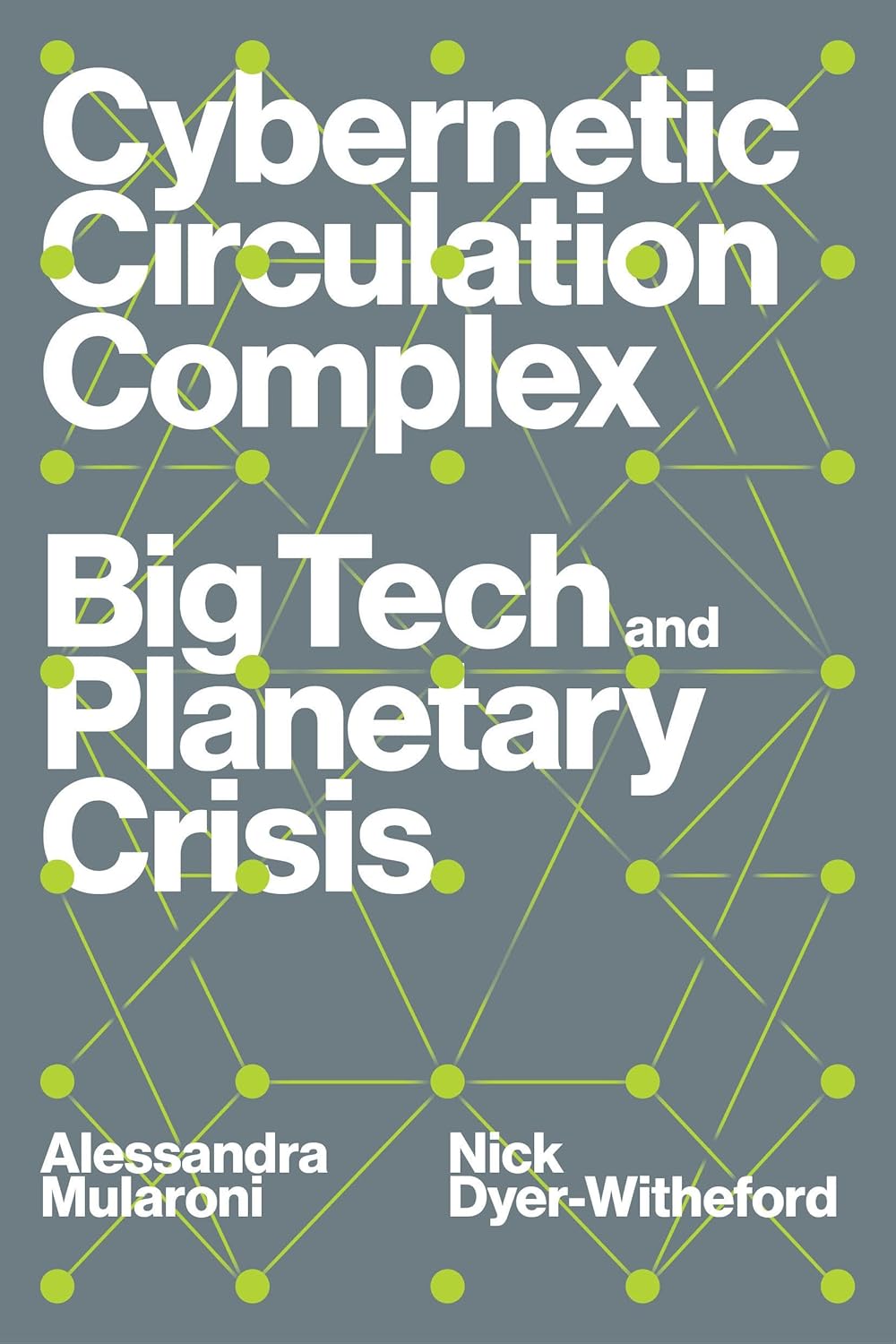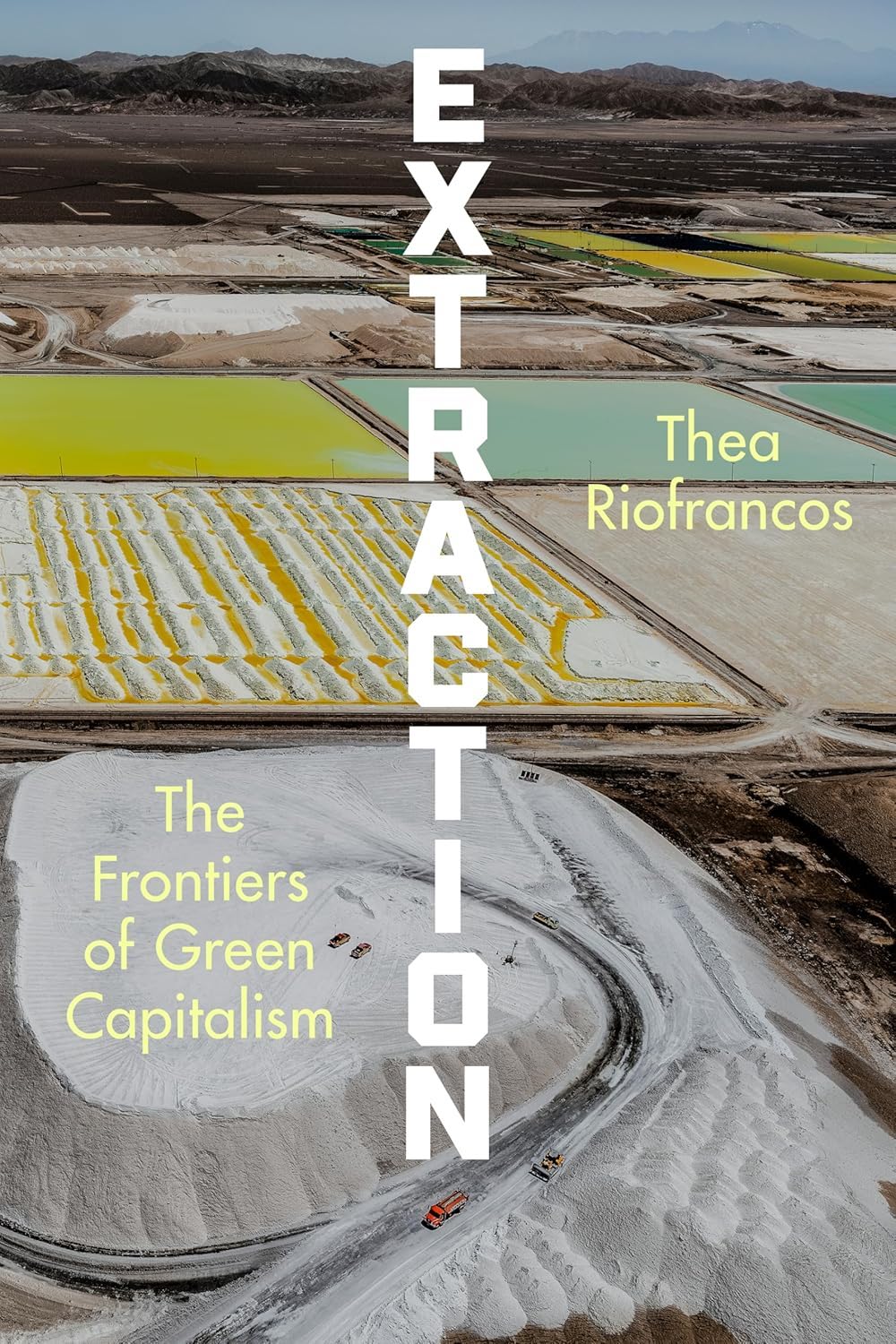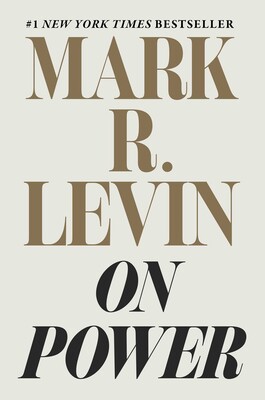rra wants to read Bad Samaritans by Ha-Joon Chang

Bad Samaritans by Ha-Joon Chang
A radical look by a leading economist at the issues surrounding globalization...It's rare that a book appears with a fresh …
This link opens in a pop-up window
rra has read 0 of 12 books.

A radical look by a leading economist at the issues surrounding globalization...It's rare that a book appears with a fresh …

Since the rise of Napster and other file sharing services in its wake, most of us have assumed that intellectual …
Green capitalism does not mean that capitalism is becoming ecologically sustainable. Instead, it refers to the emergence of new economic sectors and supply chains labeled as “green” because of their role—proven or unproven—in addressing the climate crisis, whether by decarbonization or adaptation.
— Extraction by Thea Riofrancos (Page 17)

An anti-capitalist guide to breaking the power of Big Tech
Big Tech firms dominate the global economy. But what …

In the fight against climate change, lithium’s role in reducing emissions by powering green economies is a mixed blessing. Drawing …

From the creators of the New York Times bestselling series Campfire Stories: Close Calls comes a new original audiobook that …
This work really shines in those moments when it describes how environment, history, markets, technology, geopolitics and biology come together to enable the few decades of the so-called long hunt. Its pretty solid in that respect, but otherwise caters too much to those interested in anecdotes ("campfire stories") of tough guys hunting, replete with all stereotypical Americana. It is a work aimed at hunters so it also has a lot of details appealing to hunters (I guess) such as about specific guns and how to skin deer and preserve them, which are perhaps less interesting to a general audience. However, even in those moments there are interesting contexts such as that animals gather near mineral water deposits known as 'licks' which means even in the vast expanse of the 'first west', euro-american hunters, indigenous hunters and animals would frequently run in to each other. Will probably also listen to the …
This work really shines in those moments when it describes how environment, history, markets, technology, geopolitics and biology come together to enable the few decades of the so-called long hunt. Its pretty solid in that respect, but otherwise caters too much to those interested in anecdotes ("campfire stories") of tough guys hunting, replete with all stereotypical Americana. It is a work aimed at hunters so it also has a lot of details appealing to hunters (I guess) such as about specific guns and how to skin deer and preserve them, which are perhaps less interesting to a general audience. However, even in those moments there are interesting contexts such as that animals gather near mineral water deposits known as 'licks' which means even in the vast expanse of the 'first west', euro-american hunters, indigenous hunters and animals would frequently run in to each other. Will probably also listen to the other parts in the series.
Heard about it on Odd Lots and the way the authors situate hunting in a complex history of trade, colonialism, emerging monetary economy and ecology was appealing. Interesting to learn about pre-revolutionary North American history through the lense of hunting.
Mentioned by @kissane@mas.to in www.wrecka.ge/landslide-a-ghost-story/

Before the nightmare, Yeong-hye and her husband lived an ordinary life. But when splintering, blood-soaked images start haunting her thoughts, …

Throughout history, from ancient civilizations to modern Western republics, power has been used to both oppress and liberate. To reward …